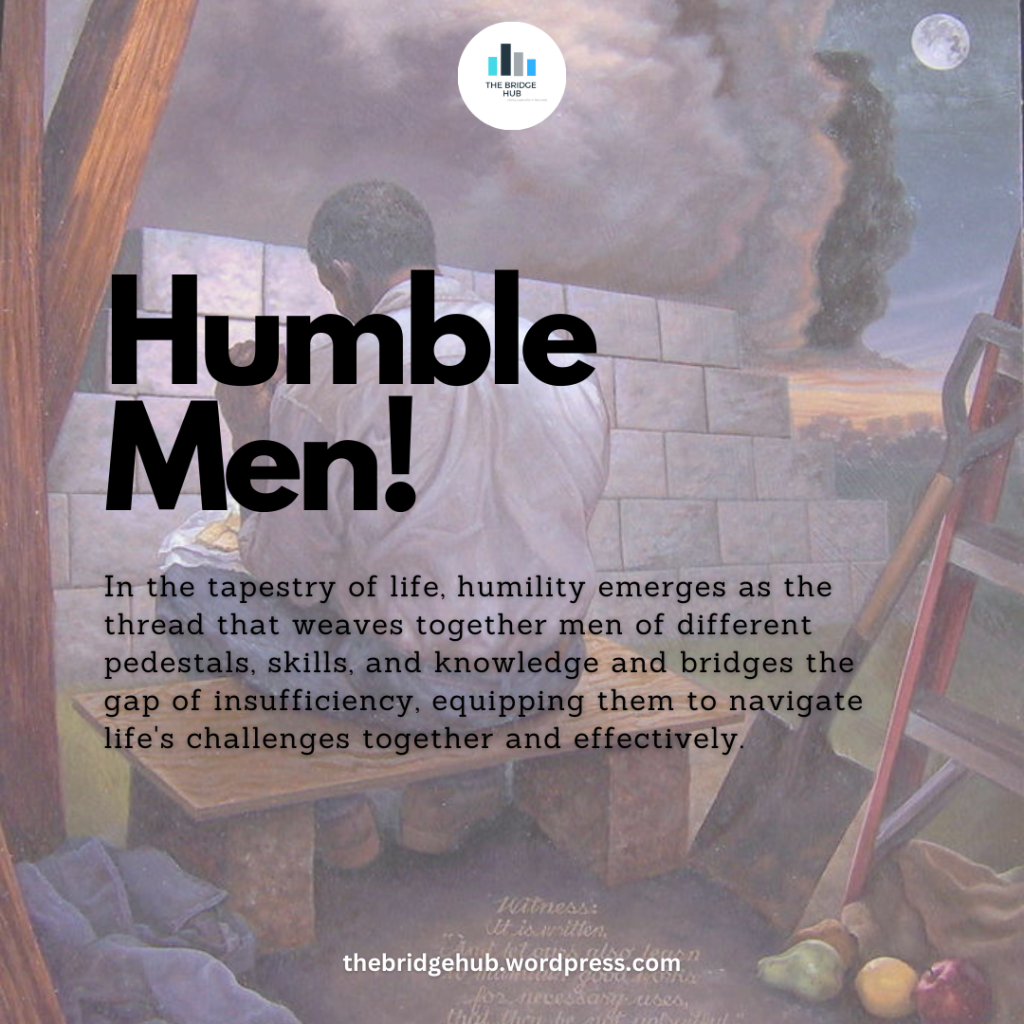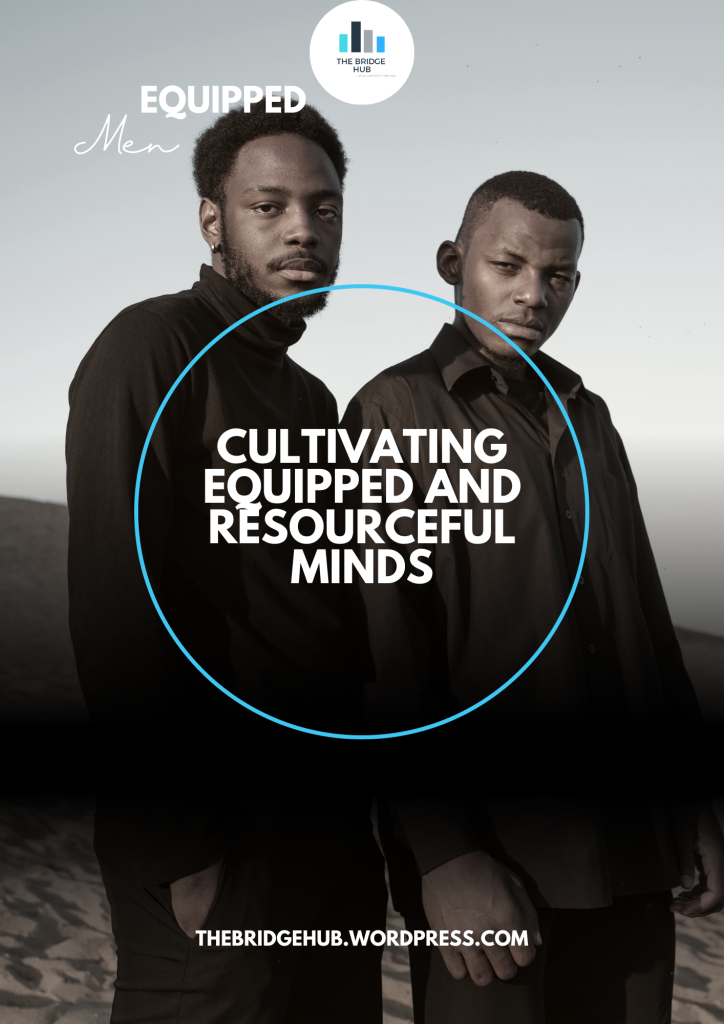Silas Bamigbola

Many of us saw our fathers as heroes while we were growing up. We honoured them and saw them as the ultimate goal because of their presence, provision, and sacrifices for us. As time goes on, we may realize some inconsistencies that make them less perfect than we thought. Do we still honour and respect them? Seeing our fathers’ imperfections and yet honouring them is a challenge many men face.
One of Noah’s sons, Ham, saw his father’s nakedness and went to tell his brothers. Instead of honouring him and covering it, he made jest of his father. In contrast, Shem and Japheth honoured their father and covered his nakedness. As a result, Ham was cursed. This story teaches a profound lesson about honour and respect (Genesis 9:20-27). It emphasizes the importance of protecting our fathers’ dignity, even when we see their flaws.
Sons who do not know how to honour their fathers will not find it easy to navigate life. Honour is a foundational principle that influences our character and relationships. Ephesians 6:2-3 states, “Honor your father and mother”—which is the first commandment with a promise—“so that it may go well with you and that you may enjoy long life on the earth.” This commandment underscores the significance of honouring our parents as a cornerstone for a blessed life.
Many of our fathers, even those in the faith, might have some inconsistencies and weaknesses. We must not dishonour them or think we know more than they do. Respecting our fathers does not mean ignoring their faults but recognizing their humanity and the roles they have played in our lives. Proverbs 20:20 warns, “If someone curses their father or mother, their lamp will be snuffed out in pitch darkness.” This verse serves as a stark reminder of the consequences of disrespect.

How to Honour Our Fathers
1. Acknowledge Their Efforts: Appreciate the sacrifices and efforts they have made for your well-being. Express gratitude for the ways they have supported and provided for you.
2. Show Compassion and Understanding: Understand that your father is human and has his own struggles and weaknesses. Show empathy and patience when dealing with his shortcomings.
3. Communicate Respectfully: Speak to your father with respect and kindness, even when you disagree. Constructive communication helps maintain a healthy relationship.
4. Follow Their Guidance: Recognize the wisdom in their experiences and teachings. Even if you choose a different path, value the lessons they have imparted.
5. Support Them in Old Age: Just as they cared for you when you were young, be there for them in their later years. Offer emotional, financial, or physical support as needed.
Honouring our fathers is not about ignoring their flaws but about respecting them despite their imperfections. It is about valuing their role in our lives and upholding the principle of honour that enriches our character and relationships. By doing so, we fulfill a divine commandment and build a legacy of respect and reverence for future generations.

















